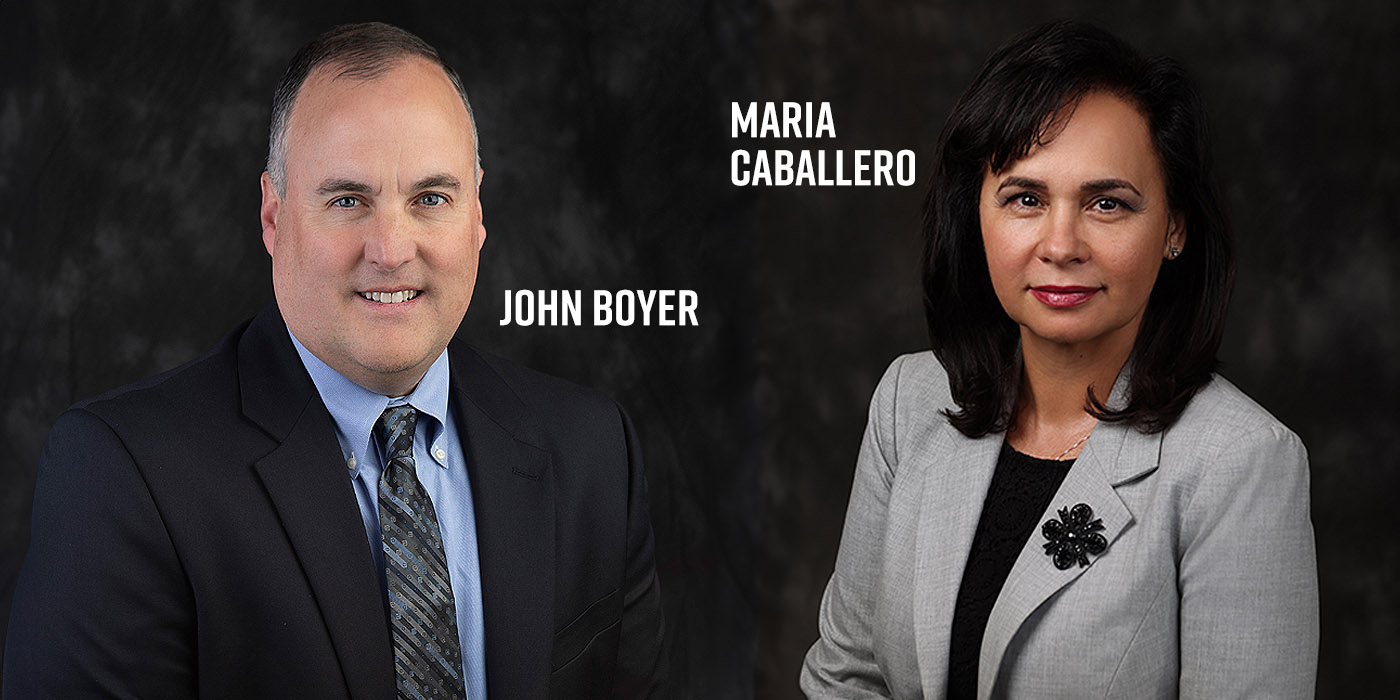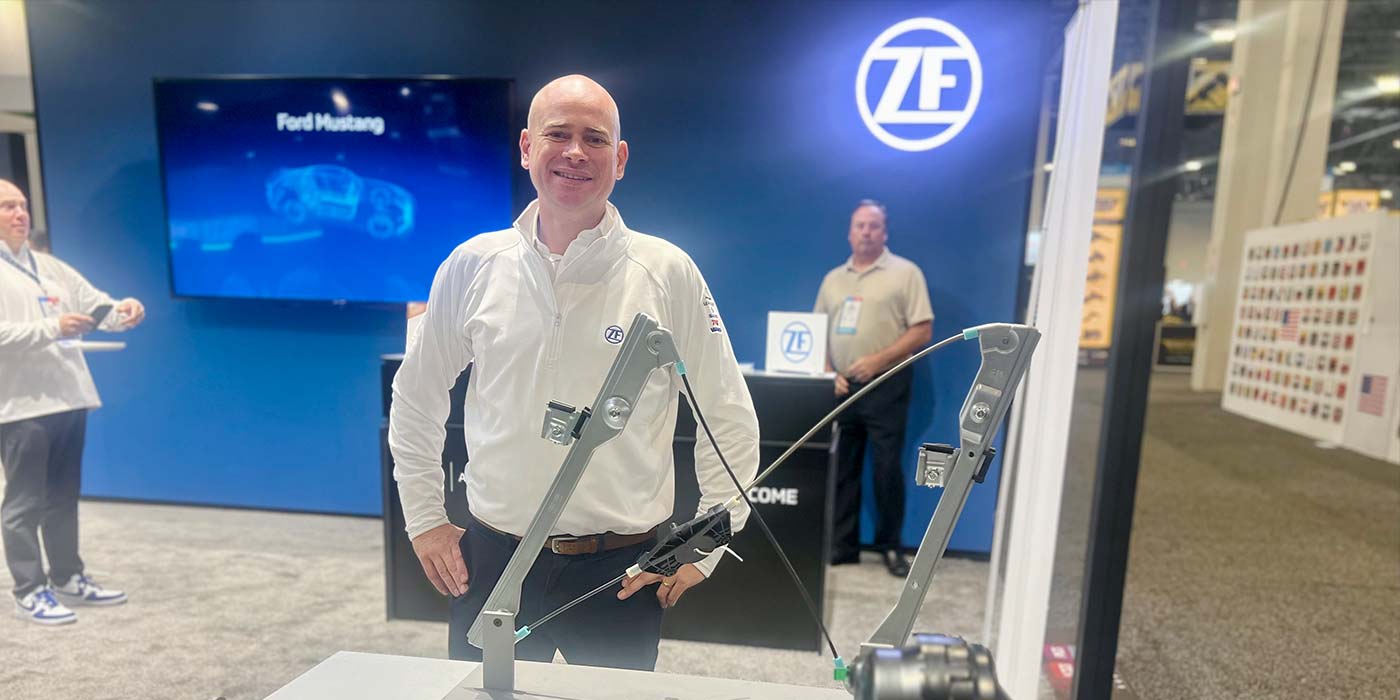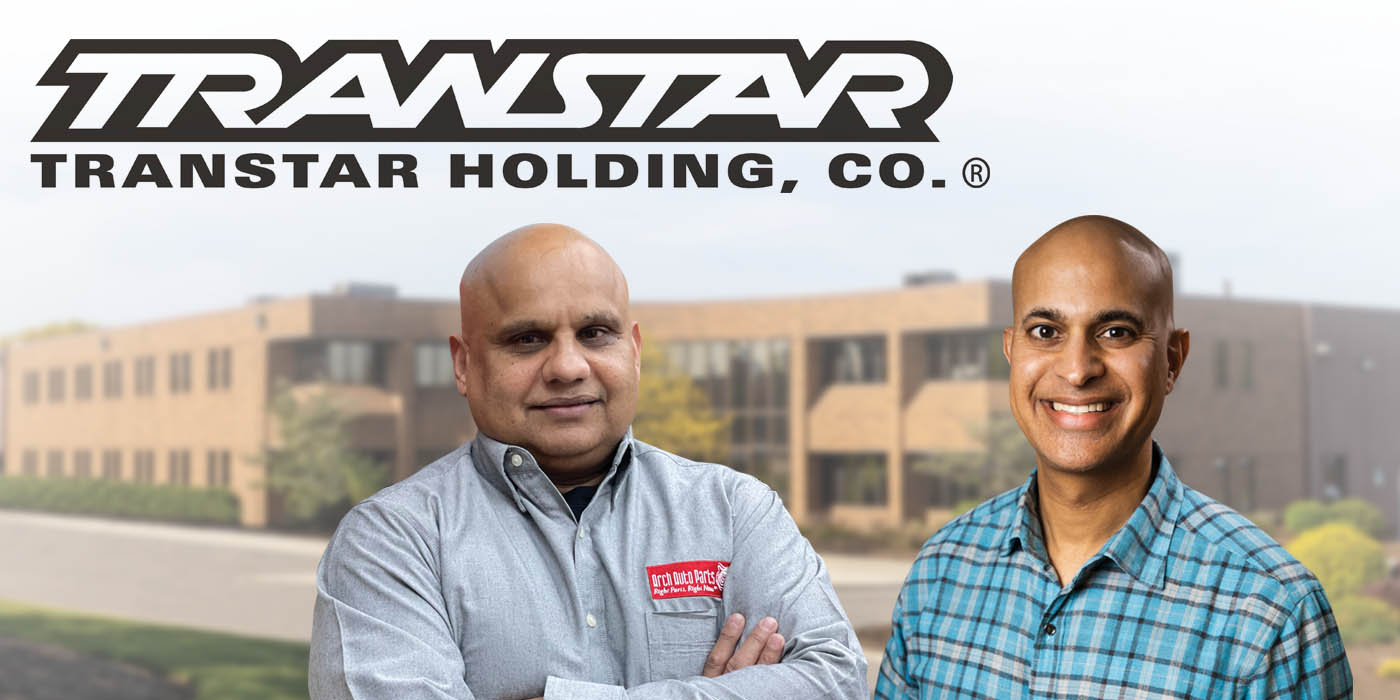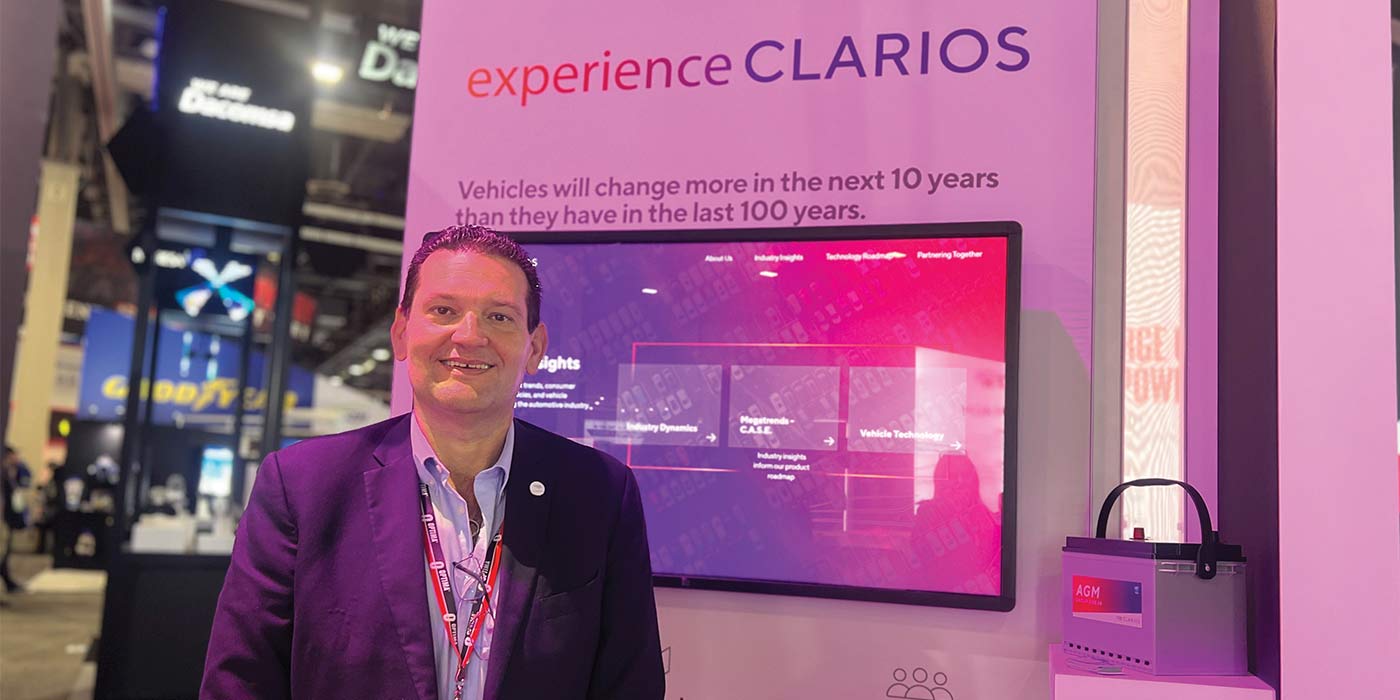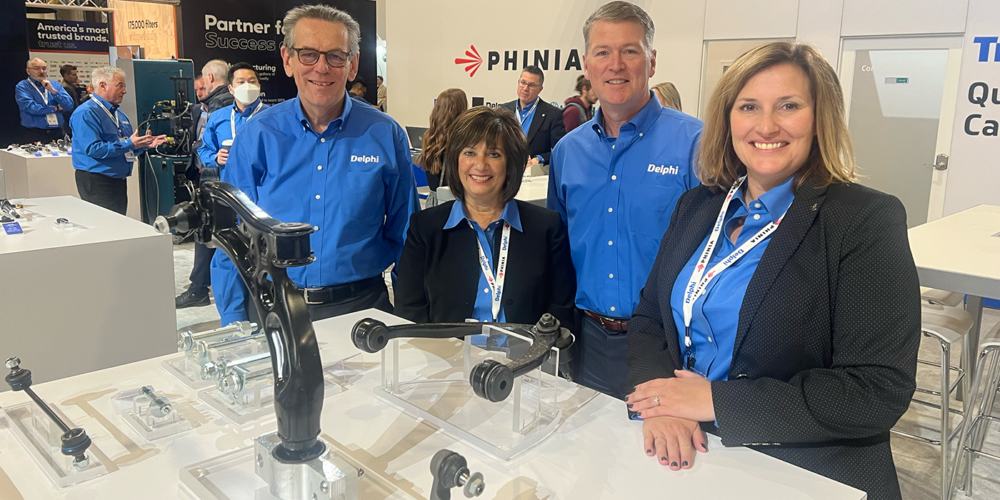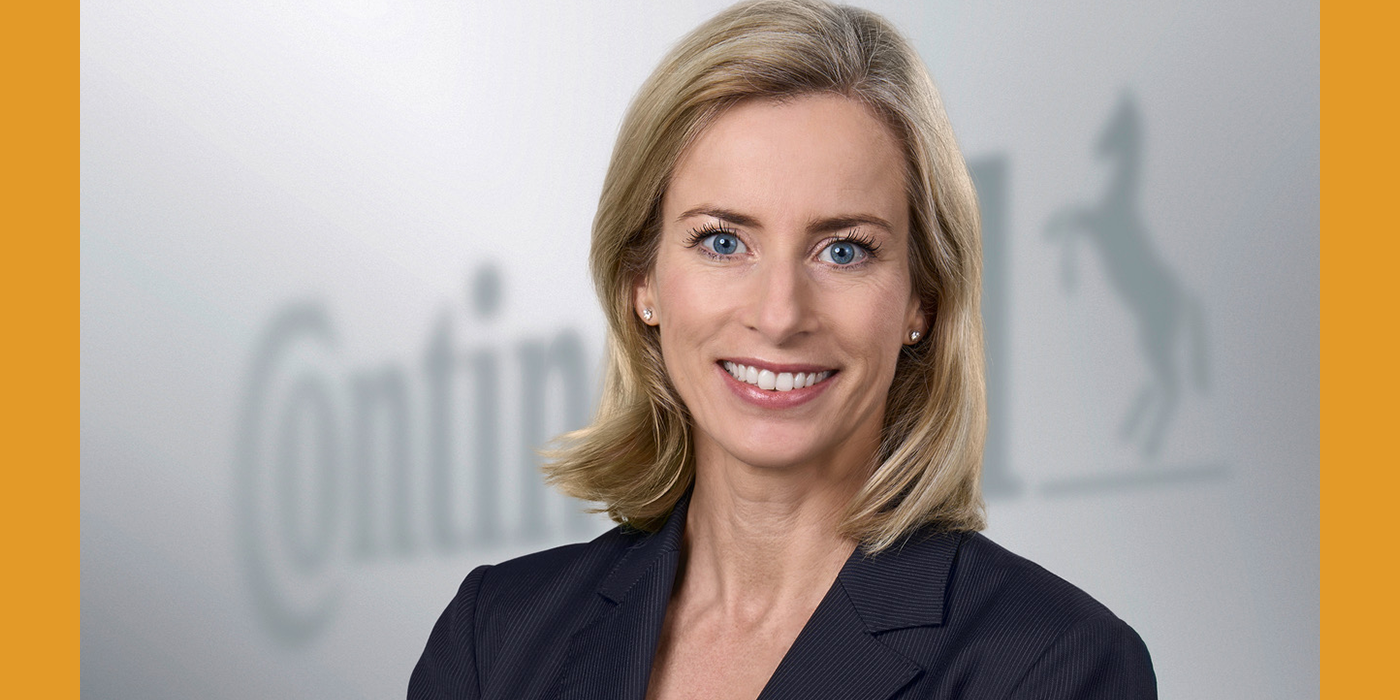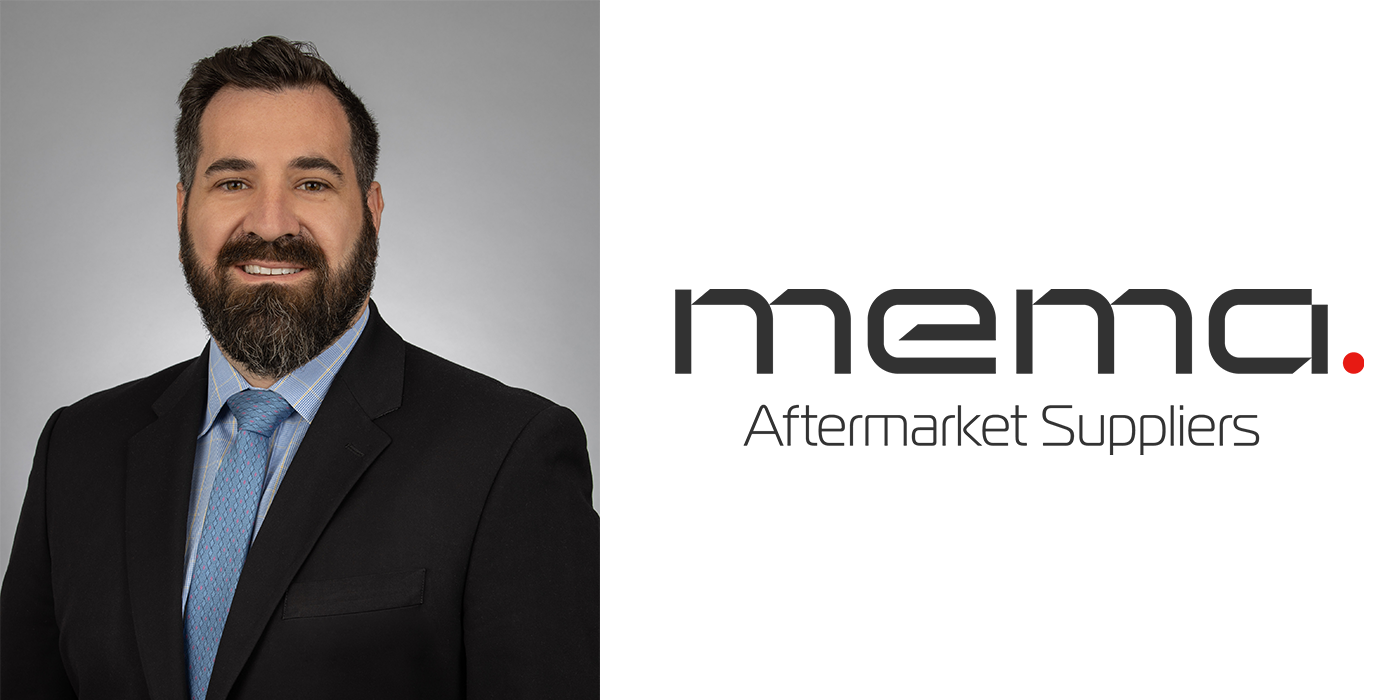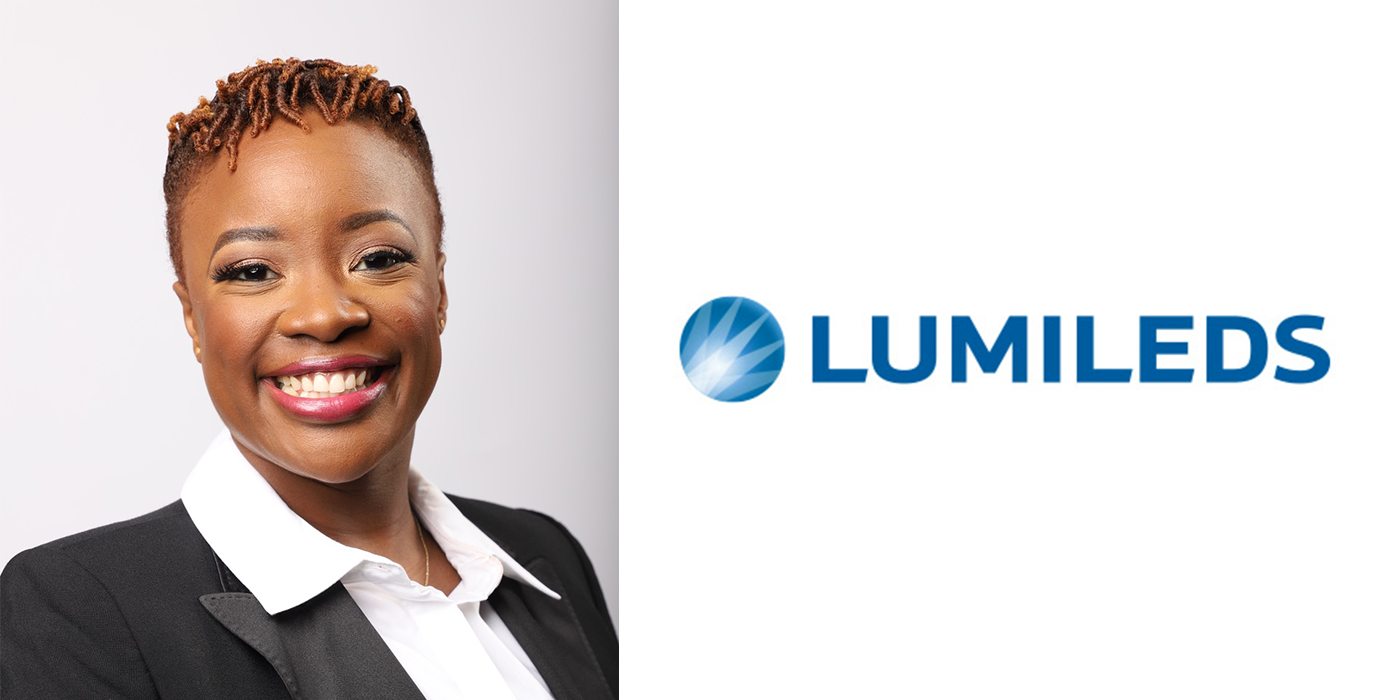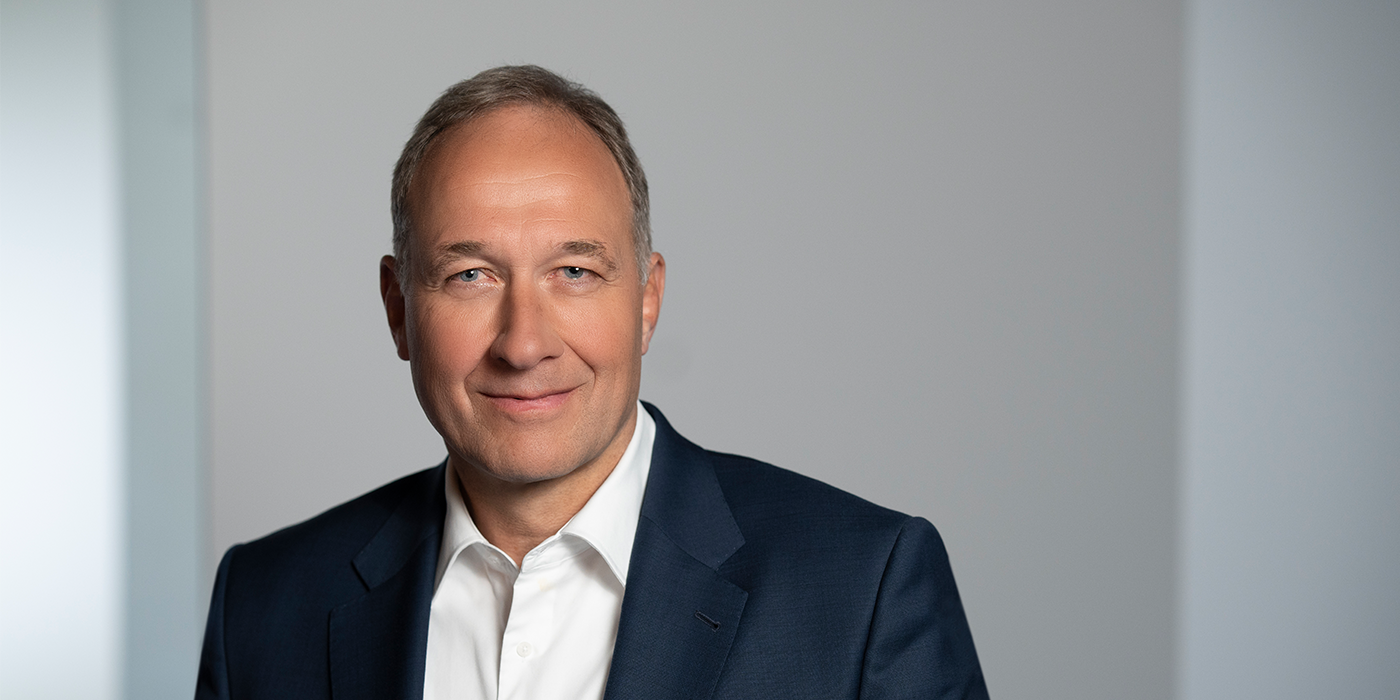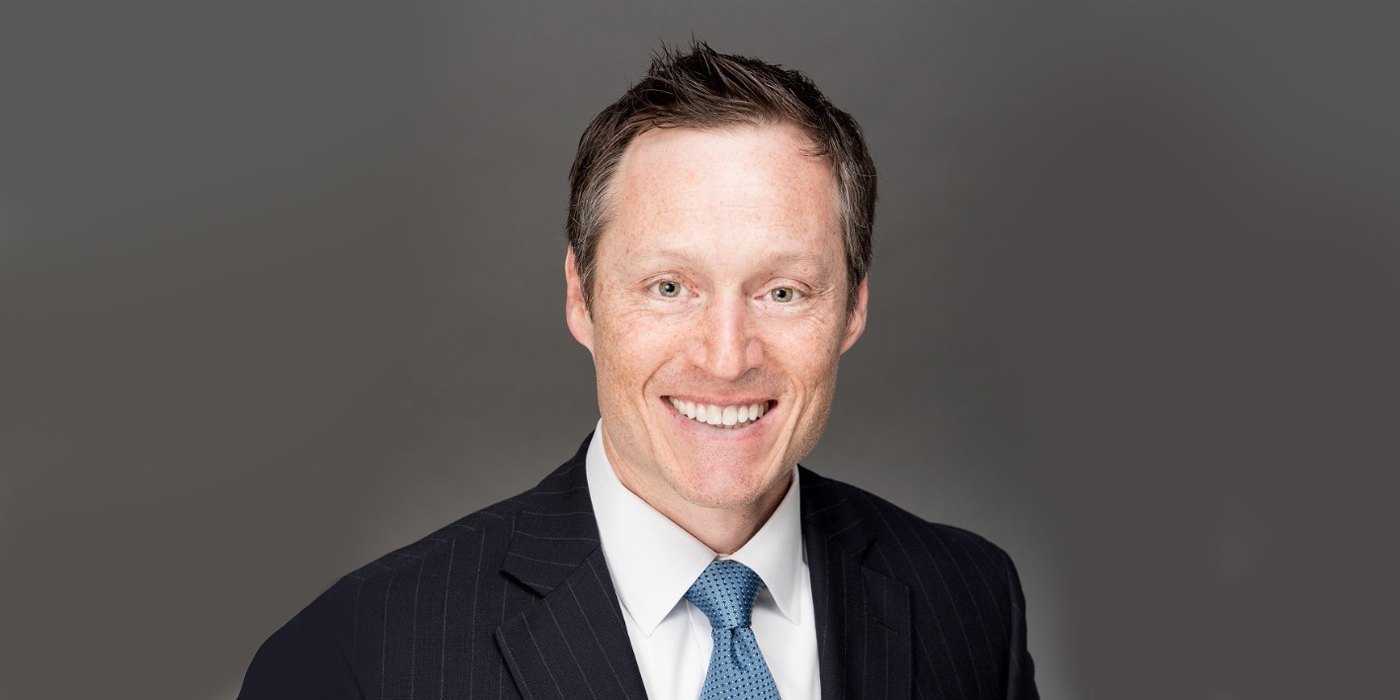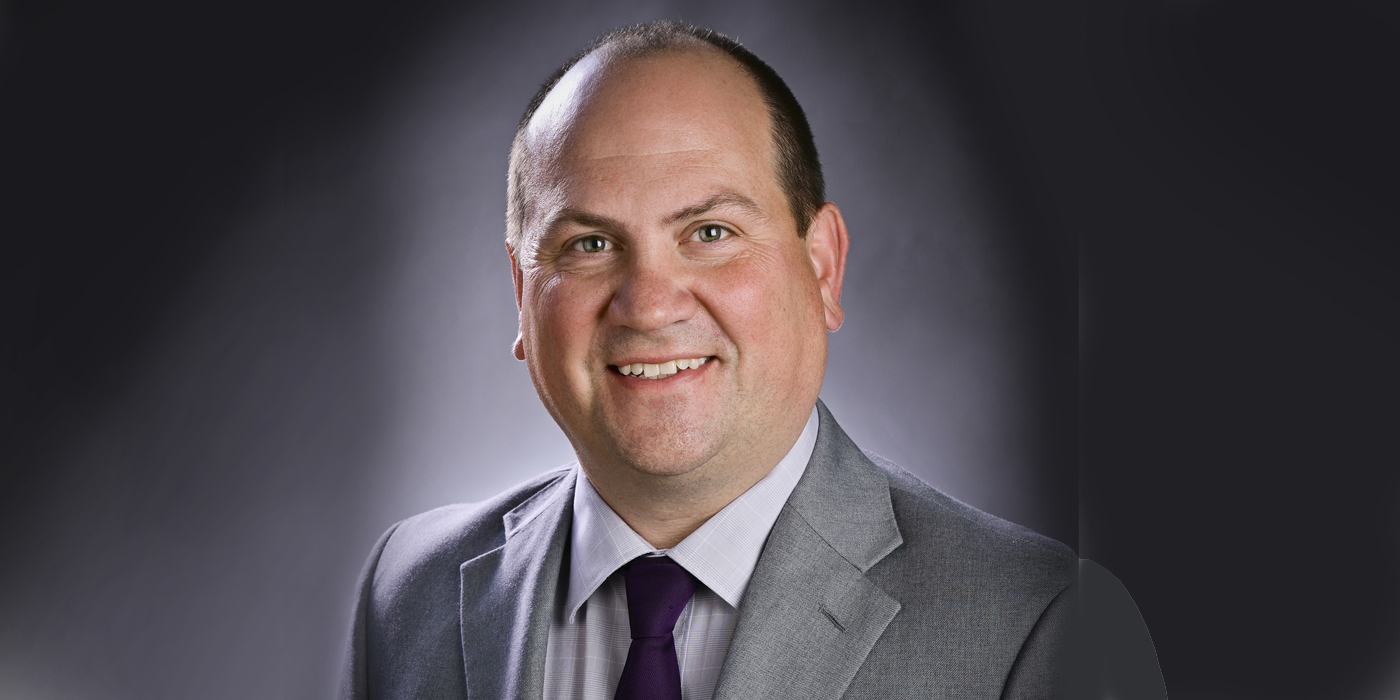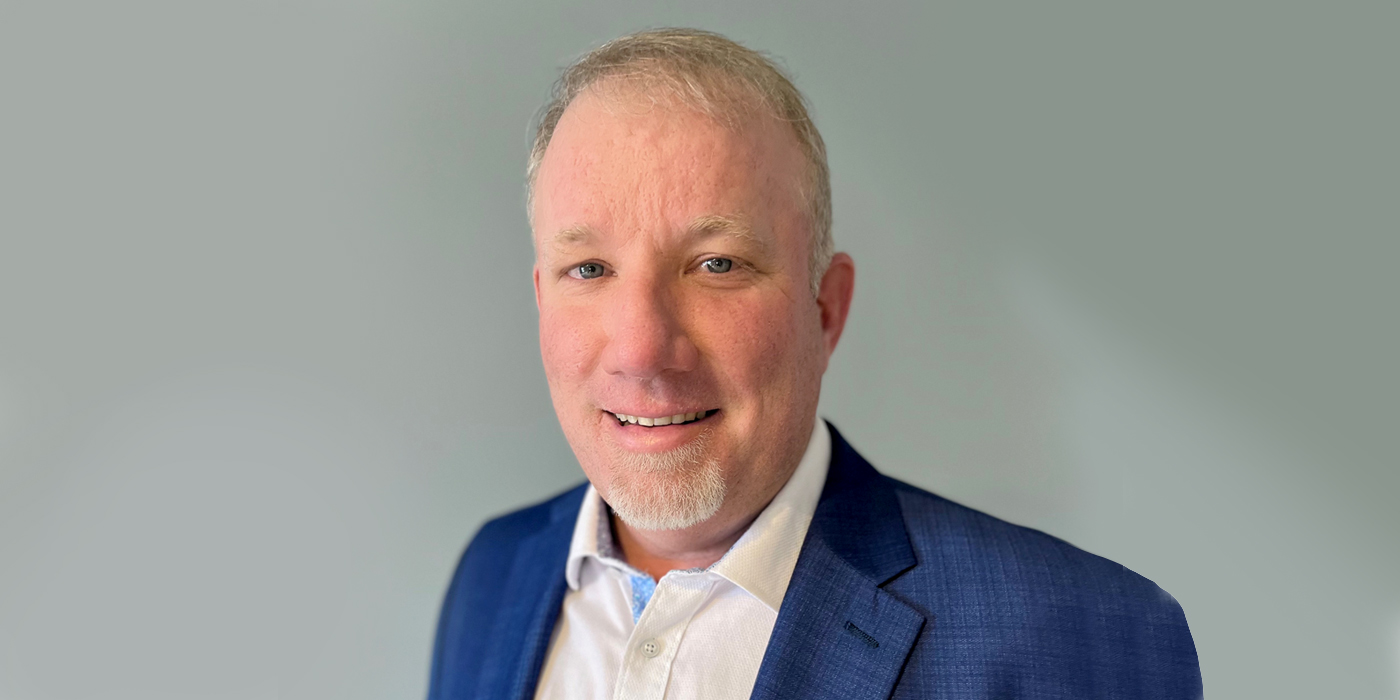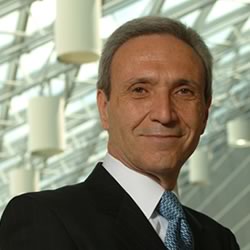 It has been just short of a year since Federal-Mogul emerged from Chapter 11. You carefully guided the entire process and the company appears to have emerged as a stronger business. In hindsight, however, is there anything you would have done differently as part of the process?
It has been just short of a year since Federal-Mogul emerged from Chapter 11. You carefully guided the entire process and the company appears to have emerged as a stronger business. In hindsight, however, is there anything you would have done differently as part of the process?
The reorganization process to emerge from Chapter 11 was tremendously complex. This case, in particular, was very challenging because of the many parties with a stake in the outcome, each of whom was trying to maximize their position in a difficult situation. Federal-Mogul’s situation was also unique because we voluntarily entered Chapter 11 as it was the best way to deal with the significant asbestos liabilities that had arisen as part of certain acquisitions. We achieved the objective by remaining committed to emerge from Chapter 11 while simultaneously developing a world-class Federal-Mogul, capable to emerge as a stronger, more globally competitive company with a strong capital structure to fund operations and fuel new growth initiatives.
Throughout the reorganization process, we maintained close communication with our employees, customers and stakeholders to ensure that they were aware of our progress. And when we did emerge from Chapter 11, we did so as a world-class, globally competitive company that could deliver exceptional value to its various stakeholders with our strategy for sustainable global profitable growth.
What has changed for Federal-Mogul since emerging from Chapter 11?
Since emerging, we listed our stock on the NASDAQ exchange under the symbol FDML, reported three quarters of solid financial performance, continued to expand our global presence and strengthened our market leadership positions. We remain committed and focused on our strategy for sustainable global profitable growth, which guides every move we make. This core strategy has helped us significantly improve our performance and has provided the blueprint, if you will, for making hard decisions in restructuring our global enterprise and changing our footprint toward best-cost countries. These efforts continue, as does our drive to serve an increasingly diverse base of customers.
A cornerstone of our strategy is our global diversification among markets, customers and products. For instance, we derive not more than 6 percent of our revenue from any single customer, and supply products to more than 250 vehicle platforms and more than 700 vehicle powertrain programs. This diversity differentiates us from our competitors and helps to support our operating activities during market and industry downturns, ultimately leading to more stable operating performance. Finally, we continue to win new business and launch new products in new regions, thereby expanding our leadership position.
Since Federal-Mogul emerged from Chapter 11, the U.S. economy has worsened and, in September, you announced an additional restructuring designed to improve operating performance and respond to the increasingly challenging market conditions. Was this something you anticipated having to do soon after emerging from Chapter 11? What will be the benefits for the company?
First, let’s separate the two events. Our emergence from Chapter 11 marked the successful resolution of Federal-Mogul’s asbestos liability as well as the establishment of a strong new company structure. The operational restructuring announced in September is part of our response to an economic downturn not only in the U.S. but also in many markets around the world.
To generate sustainable global profitable growth, companies need to anticipate market requirements and be ahead of change. Anticipating changes in the business environment often involves making difficult decisions. During the last five years, we have closed 19 sites in the Americas, and in Europe, the Middle East and Africa, while opening 10 sites in best-cost locations. We are establishing a global lean enterprise throughout all value streams of our organization to ensure that we offer the cost-competitive global product portfolio demanded by our customers. We continue, at the same time, to invest in people, facilities and new capabilities that will ensure an ever-stronger link to the customer and to the requirements of each market.
Recently it was reported that new-car dealerships would go out of business at a faster pace this fall and into 2009. About 3,800 dealerships need to close this year just to allow stores to maintain the same sales rate of a year ago, according to the study. How do you feel this will impact the aftermarket – both in the manufacturing and the service and repair sectors?
Today’s macroeconomic factors will certainly have an effect on the auto industry. For instance, tight credit is having a devastating impact on consumer confidence and retail businesses. Dealer and aftermarket consolidation is just one manifestation of current economic conditions. The financial health of vehicle manufacturers is important to everyone in the automotive value chain, including businesses within the parts and service sector.
We are in the midst of a shakeout at both the manufacturer and dealership level as competitors adjust their strategies for a rapidly changing market. The improved reliability of today’s vehicles has brought great value to the consumer, but it has also changed the fundamental business model for many dealerships. Most dealers and aftermarket service providers have fewer opportunities to perform a variety of once-common repairs, particularly in the underhood category. Fewer repair occasions means reduced revenue in the parts and service departments which, as we all know, are important contributors to the success of most dealerships.
I cannot predict how extensive this consolidation might be, as there are many factors that could slow or accelerate the process. I think it is clear that there has been a similar shakeout among aftermarket service providers over the past several years. Today’s strongest companies are clearly in this business for the long run and, as such, are continuing to invest in equipment, training, marketing and consumer-friendly amenities to attract new customers. These businesses are also typically the ones that focus on providing the best overall value to the consumer in the form of leading brands and technologies from trusted manufacturers. I believe these aftermarket service providers are very well positioned to succeed in today’s economy.
How does the decline in light-vehicle production impact Federal-Mogul’s OE business, and how does the company plan to handle this change?
As I have noted, a key part of our strategy for sustainable global profitable growth comes through our ability to win new business from an increasingly diverse base of customers, including those in new regions and product categories. We will remain a market leader in North America and Western Europe, but we are also working to accelerate our growth in areas such as China, India, Russia, Brazil, Eastern Europe and other developing markets. Moreover, Federal-Mogul is growing its base of customers within other business areas, including the commercial and industrial sectors.
One of the key topics in the current U.S. Presidential election is the nation’s reliance on foreign oil. Both candidates have pledged to enact programs that could lead to energy independence within the next decade or so. How will this goal affect Federal-Mogul and its customers?
This goal represents an excellent opportunity for Federal-Mogul. There is a tremendous amount of research being conducted among global OEMs, and this includes extensive work taking place within Federal-Mogul’s worldwide network of technology centers, on fuel economy, alternative energies and the environment, together with vehicle safety and performance. The two driving factors behind much of this work are, as you noted, the need for reduced oil consumption and, secondly, the need to meet increasingly strict emissions requirements.
As a leading partner to vehicle and engine manufacturers, Federal-Mogul is working on dozens of advanced solutions that will play either direct or enabling roles in achieving these goals. Our Powertrain Energy group, for example, has developed new, high-strength piston materials and geometries as well as extremely wear-resistant piston rings and valve seats that are well suited for direct injection, turbocharging and other strategies being explored for next-generation gasoline engines. Our Champion brand’s MLR Iridium technology and other advances are enabling a variety of new approaches to the engine’s air-fuel mixture. Our Powertrain Sealing and Bearings group has developed dynamic seal, gasket, bearing and bushing technologies that can absorb significantly higher combustion firing pressures and temperatures. Many of these same solutions can have an additive effect to the efficiency enhancements offered by hybrid technology, as well. So, as you can see, Federal-Mogul is fully engaged in this effort.
But one last point: When these technologies ultimately enter the aftermarket service environment, distributors and service dealers that rely on brands such as Sealed Power, Fel-Pro, Champion and others from Federal-Mogul will be well positioned to capture the business because we will offer these solutions through our aftermarket portfolio.
The broader goal of developing “Green” technologies is another hot topic today. What is Federal-Mogul doing in this area and, by extension, how is it helping the aftermarket make progress in terms of environmental sensitivity?
We have a deep commitment to the development of affordable technologies that meet the environmental challenge. One of the primary advantages we offer to the market is our systems approach to innovation. Here’s why this is important: Beginning with the engine’s combustion event, Federal-Mogul’s ignition, piston and liner technologies enable advanced strategies that are crucial to maximizing engine efficiency and reducing CO2 emissions. Our bearings and dynamic seals play similarly important roles in providing reliable, quiet operation while helping to reduce friction and CO2 emissions. Our gaskets allow engines, regardless of fuel type, to operate at higher cylinder pressures for more efficient combustion. As you can see, in a systems approach each improvement in efficiency has a downstream effect to the vehicle and its performance. Reductions in engine mass help reduce CO2 emissions. Lighter mass also means less material used and energy consumed. We are also focusing on environmentally-friendly manufacturing, where all processes are optimized in terms of their environmental impact.
To summarize, Federal-Mogul is committed to protecting the environment through leading technology and innovation, energy efficiency and emissions reduction to support both vehicle manufacturers and the aftermarket with our original equipment and our leading brands.
Do you believe the aftermarket can continue to maintain its competitive advantage in the repair marketplace as OE technologies become increasingly sophisticated?
The aftermarket service provider delivers tremendous value in terms of convenience, quality, timeliness and cost. In addition, the broad and rapid availability of leading-edge, OE-style replacement parts for virtually any vehicle make or model is a remarkable business proposition. Yet, just as we at Federal-Mogul must anticipate and adjust to change, today’s repair providers must address emerging technological demands and consumer needs. This requires technical training and service infrastructure to stay current with technology.
It has long been believed that when the economy is soft, the aftermarket grows. Do you believe this dynamic will repeat itself today?
Consumers are far more likely to hold on to their vehicles for longer periods during a severe economic downturn. We are also seeing a shift away from the extensive vehicle leasing programs that became so common throughout the 1990s. Each of these factors should lead to increased maintenance and repair, both within the aftermarket and at the OE dealership.
The one factor that complicates this scenario is the high price of gasoline. Increased fuel prices are affecting miles driven while further reducing disposable or discretionary income, which might result in a decline in the incidence of “preventative” maintenance.
The miles driven in the U.S. year-to-date at the end of July 2008 were down by 52 billion, compared to the amount of miles driven at the end of July 2007. It’s very difficult to predict because there are so many factors at play, including unemployment levels and the increased reliability of today’s vehicles.
Federal-Mogul seems to have a carefully defined balance between its global OE and aftermarket businesses. Do you believe the aftermarket will continue to play such an important role in the company’s success?
We are absolutely committed to the aftermarket, as we are to the OE marketplace. We find the aftermarket appealing because we are one of the leading industry suppliers that can leverage our extensive OE and aftermarket base for the benefit of our customers. Our aftermarket product portfolio benefits from this unique leading technology and innovation of the OE designs and materials, combining it with a unique and deeply rooted understanding of the needs of the repair environment. As a result, our products have the OE quality, together with an enhanced level of technology that may speed the repair, solve known reliability issues and address the less-than-optimal condition of mating surfaces and operating environments. Finally, I find the aftermarket appealing because we have a heritage of excellence here with our best-known brands – ANCO, Carter, Champion, Fel-Pro, MOOG, National, Sealed Power and Wagner.

